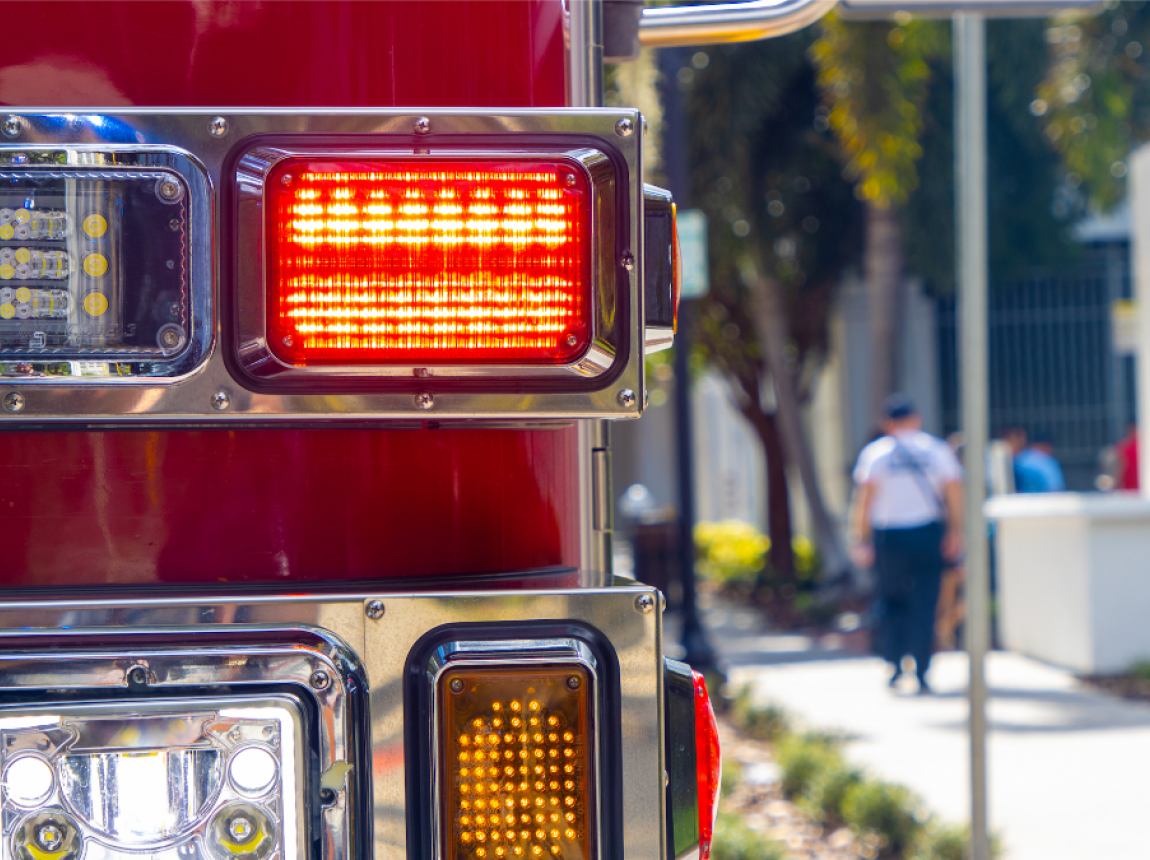- Transportation and Land Use Learn more
Behavioral Health Emergency Response Initiative
The SCALE + Lab’s initial body of work aims to transform the nation’s emergency response system as part of a broader shift in how we define and build safe and healthy communities.
About 240 million calls are made to 911 each year. When an on-scene response is required, the only option available to 911 call centers in most communities is to dispatch police, even though in principle, most of these situations could be handled by parties other than law enforcement. This overreliance on police response increases the likelihood of someone being physically harmed, arrested, or brought to an emergency department; places unnecessary demands on police resources; and limits the opportunity for people to get the services they need. Communities of color experience this series of cascading events disproportionately.
Behavioral health calls are a compelling entry point for addressing these challenges. A number of cities are piloting interventions to make more efficient use of policing resources and provide better services to residents by shifting how calls to emergency services (like 911) are dispatched. These interventions share a common goal: to create a system that routes callers to the most appropriate response, reducing reliance on police and improving outcomes.
A growing body of literature describes these interventions, connects local leaders to discuss this work, and highlights important research questions. However, these efforts are fragmented and often hyper-local and face common barriers to scale including: disconnected funding streams (state, local, and federal); workforce development needs and workforce shortages, including call-taker functions and community capacity to address calls that require on-site response and, in some cases, connection to crisis stabilization services; insufficient data infrastructure and capacity for measurement, and analysis; and a need for technology enhancements.
There is momentum and opportunity to demonstrate interventions that work and lay the groundwork to bring these interventions to scale. Federal legislation mandating a new three-digit emergency exchange specifically devoted to behavioral health crises (988) is catalyzing alternative response models and collaboration with 911 systems. Federal gun safety legislation with significant dollars attached is also being used for crisis intervention in jurisdictions across the country. These conditions and potential for impact underscore that a focus on calls involving a person experiencing a mental health or substance use related emergency presents an immediate and strategic opportunity to reduce calls to 911 that result in arrest or admission to jail or an emergency department.
To advance Behavioral Health Emergency Response, the Lab will use its collaborative platform and bring its direct experience and technical resources to:
- Make action planning investments in select states that are poised for emergency response transformation and that can serve as models for other states.
- Select implementing partners in each location that have a track record of assisting jurisdictions and working across sectors and disciplines to achieve lasting reform.
- Explore if/how leading national organizations and experts can support efforts to remove barriers to successful transformation of emergency response systems. Areas of expertise that could be tapped include:
* Technology
* Workforce
* Financing
* Data analysis/infrastructure
- Bring implementing partners together in an experiential environment to develop pathways to scale and long-term impact, creating:
* A community that enables people across states to leverage each others’ experiences and expertise.
* Opportunity to identify common, quantifiable goals and metrics that span across states.
* Lessons learned to inform work in other states and develop tools/resources that benefit the field.
* A complementary combination of states that, collectively, can influence other states, the private sector, and the federal government.
Please fill out the information below to receive our e-newsletter(s).
*Indicates required.

